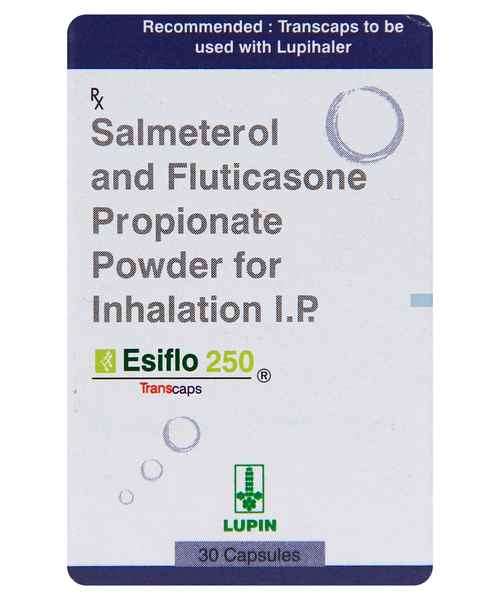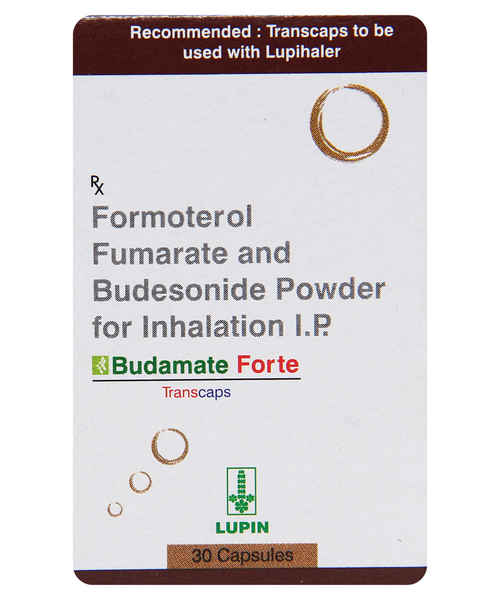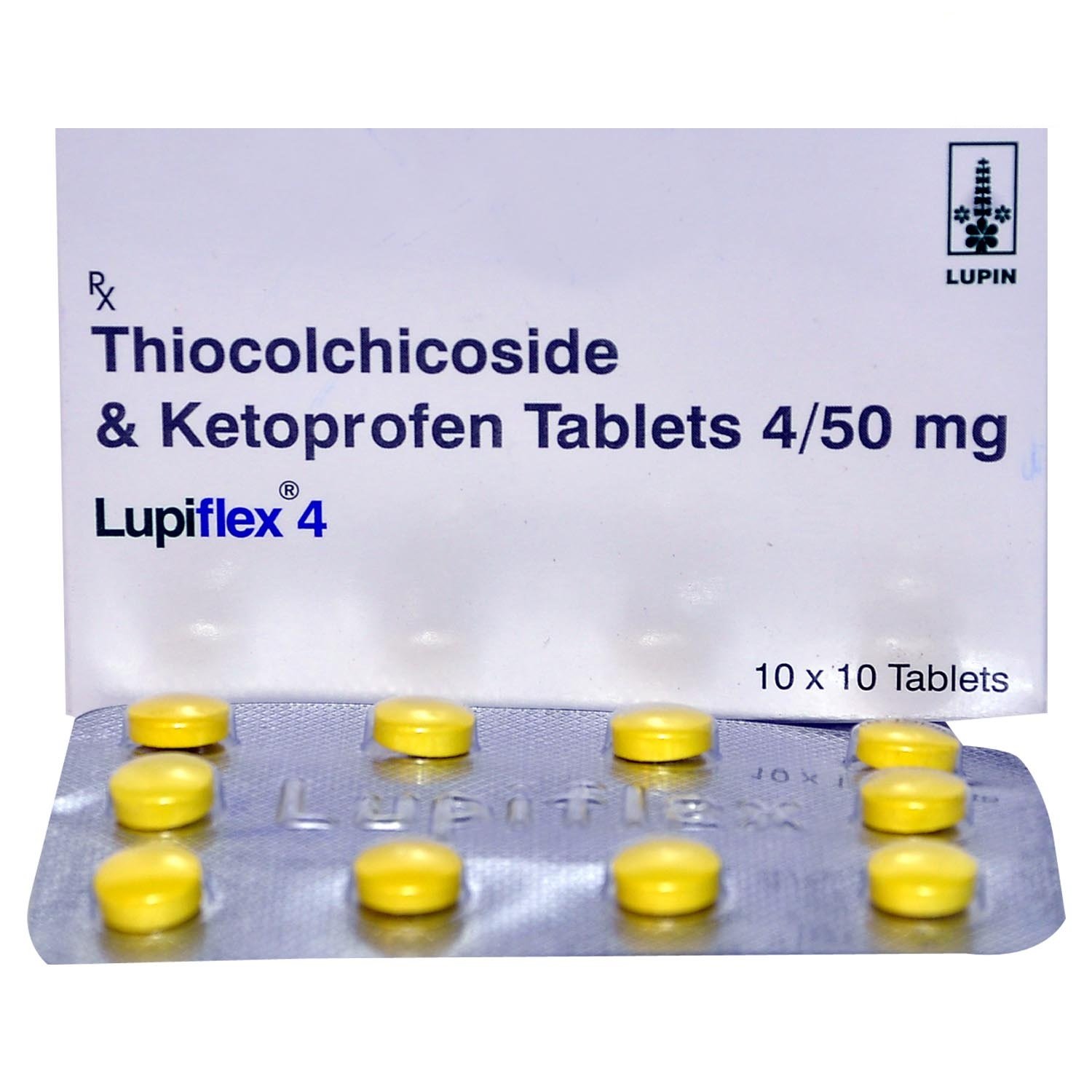cetil CEFUROXIME
Introduction to Cetil
Cetil is a widely used antibiotic medication known for its effectiveness in treating a variety of bacterial infections. It belongs to the class of cephalosporin antibiotics, which work by inhibiting the growth of bacteria. Cetil is commonly prescribed for conditions such as respiratory tract infections, urinary tract infections, skin infections, and more. It is available in different forms, including tablets, capsules, syrups, and injections, making it versatile for different patient needs and preferences. Always consult with a healthcare professional before starting any new medication to ensure it is appropriate for your condition.
Composition of Cetil
The active ingredient in Cetil is Cefuroxime, which is present in a 500mg dosage per tablet. Cefuroxime is a second-generation cephalosporin antibiotic. It works by interfering with the formation of the bacterial cell wall, ultimately leading to the death of the bacteria. This makes it effective against a wide range of bacterial infections. By targeting the bacterial cell wall, Cefuroxime helps to stop the spread of infection and aids in the patient's recovery.
Uses for Cetil
Cetil is used to treat a variety of bacterial infections, including:
- Respiratory tract infections, such as bronchitis and pneumonia
- Urinary tract infections
- Skin and soft tissue infections
- Sinusitis
- Pharyngitis and tonsillitis
- Otitis media (ear infections)
Side Effects of Cetil
Like all medications, Cetil can cause side effects. Common side effects include:
- Nausea and vomiting
- Diarrhea
- Headache
- Dizziness
- Allergic reactions, such as rash or itching
- Abdominal pain
Precautions for Cetil
Before taking Cetil, consider the following precautions:
- Inform your doctor of any allergies, especially to antibiotics or cephalosporins.
- Discuss any medical history of kidney disease or gastrointestinal issues with your healthcare provider.
- Use Cetil only as prescribed by your doctor, and complete the full course even if symptoms improve.
- Pregnant or breastfeeding women should consult their doctors before using Cetil.
- Avoid alcohol consumption during treatment, as it can increase the risk of side effects.
Conclusion
Cetil, with its active ingredient Cefuroxime, offers an effective solution for treating various bacterial infections. Available in multiple forms such as tablets, capsules, syrups, and injections, it caters to diverse patient needs. While generally safe, it's essential to follow your healthcare provider's guidance and be aware of potential side effects and necessary precautions. Always consult with a healthcare professional to ensure the best treatment plan for your specific medical condition.


Can Cetil be taken safely while breastfeeding?
Cetil is generally considered safe while breastfeeding. It passes into breast milk in small amounts, but it's unlikely to harm a nursing infant. However, always consult your doctor before taking Cetil while breastfeeding. Your doctor can help determine the best treatment plan for you and your baby.

Can Cetil be taken safely while pregnant?
Cetil is generally considered safe during pregnancy, but it's important to consult your doctor. Limited studies in pregnant women suggest Cetil doesn't harm the baby. However, your doctor will weigh the benefits and risks before prescribing it. Always inform your healthcare provider if you're pregnant or planning to become pregnant while taking Cetil.

Can I take Cetil with other prescription drugs?
Cetil may interact with certain medications, such as antacids or proton pump inhibitors, which can reduce its effectiveness. It may also interact with blood thinners, increasing the risk of bleeding. Always inform your doctor about all medications you're taking to avoid potential interactions and ensure your treatment is safe and effective.

Does Cetil affect appetite?
Cetil doesn't typically affect your appetite. Most people taking this medication don't notice changes in how hungry they feel or how much they want to eat. If you notice any unexpected changes in your appetite after starting Cetil, talk with your doctor about these changes. They can help determine if any appetite changes you experience are related to Cetil.

Does Cetil affect mood?
Cetil doesn't typically cause mood changes. Most people take this medication without experiencing mood changes, anxiety, or feelings of agitation. If you notice changes in your mood or mental well-being after starting Cetil, talk with your doctor. These symptoms might be related to something else, like stress or another health condition.

Does Cetil affect sleep?
Cetil doesn't typically cause sleep problems. Most people take this medication without experiencing any changes in their sleep patterns. If you notice changes in how well you sleep after starting Cetil, talk with your doctor. Sleep problems might be related to something else, like another medication you're taking or a different health condition.

Does Cetil cause headaches?
Headaches are not a common side effect of Cetil. Most people take this medication without experiencing headaches. If you do get mild headaches while taking Cetil, staying well-hydrated and resting may help. You can also take over-the-counter pain relievers after checking with your doctor. For severe or persistent headaches, talk with your healthcare provider.

Does Cetil cause stomach upset?
Cetil can cause stomach upset, including nausea, vomiting, or diarrhea. These side effects are usually mild and temporary. Taking Cetil with food can help reduce stomach discomfort. If you experience severe or persistent stomach upset, talk with your doctor. They can help determine if your symptoms are related to Cetil or if there might be another cause.

Does Cetil cause weight gain?
Cetil doesn't typically affect your weight. Most people taking this medication don't notice changes in their weight. If you experience unexpected weight changes while taking Cetil, talk with your doctor. They can help determine if these changes are related to the medication or if there might be another cause.

Does Cetil have adverse effects?
Adverse effects are unwanted reactions to a medication. Common adverse effects of Cetil include diarrhea, nausea, and vomiting. These effects are usually mild. Serious adverse effects, like severe allergic reactions or Clostridium difficile-associated diarrhea, are rare but require immediate medical attention. Always inform your doctor about any new or worsening symptoms while taking Cetil.

Does Cetil have any safety warnings?
Cetil has some safety warnings you should know about. It can cause allergic reactions, which may include rash, itching, or swelling. If you experience difficulty breathing, seek emergency help. Cetil may also cause diarrhea, which could be a sign of a new infection. If you have severe diarrhea, contact your doctor. Always inform your healthcare provider about any allergies or medical conditions before starting Cetil.

Does Cetil interfere with sexual function?
Cetil doesn't typically cause sexual side effects like erectile dysfunction or loss of libido. Most people take this medication without noticing changes in their sexual function. If you experience any persistent discomfort or changes in your sexual function while taking Cetil, talk with your doctor. Your doctor can help determine if your symptoms are related to the medication and recommend appropriate treatment to address any issues.

Does Cetil limit driving?
Cetil might affect your ability to drive safely in some cases. This medication can sometimes cause dizziness or light-headedness. If you feel dizzy or faint after taking Cetil, avoid driving until these symptoms go away. When you first start this medication, pay attention to how your body responds before getting behind the wheel.

Does Cetil make it hard to think or concentrate?
Cetil doesn't typically cause thinking problems or concentration difficulties. Most people take this medication without experiencing any changes in their mental focus or memory. If you notice problems with your thinking after starting Cetil, talk with your doctor. These symptoms might be related to something else, such as an infection or another health condition.

Does Cetil make people tired or drowsy?
Cetil doesn't typically cause tiredness or drowsiness. Most people take this medication without feeling unusually tired. If you notice you're feeling very sleepy or fatigued while taking Cetil, talk with your doctor. Your tiredness might be caused by something else, like another medication you're taking, or an underlying health condition.

For how long do I take Cetil?
Cetil is usually prescribed for short-term treatment of infections, typically lasting 7 to 10 days. The exact duration depends on the type and severity of the infection. Always complete the full course of treatment, even if you feel better, to ensure the infection is fully cleared. Follow your doctor's instructions on how long to take Cetil.

How does Cetil work?
Cetil works by interfering with the bacteria's cell wall formation, which is essential for their survival. Think of it like removing the bricks from a wall, causing it to collapse. This action stops the bacteria from growing and multiplying, allowing your body's immune system to eliminate the infection. Cetil is effective against a wide range of bacteria.

How do I dispose of Cetil?
If you can, bring unused Cetil to a drug take-back program or collection site at a pharmacy or hospital. They will dispose of this medicine properly so it doesn't harm people or the environment. If you can't find a take-back program, you can throw most medicines in the trash at home. But first, take them out of their original containers, mix them with something undesirable like used coffee grounds, seal the mixture in a plastic bag, and throw it away.

How do I know if Cetil is working?
Cetil treats bacterial infections. You'll know it's working when your symptoms, like fever, pain, or swelling, start to improve. Your doctor may also monitor your progress with tests or check-ups. It's important to complete the full course of Cetil to ensure the infection is fully cleared.

How do I take Cetil?
Cetil is usually taken twice daily, once in the morning and once in the evening. It's best to take it with food to improve absorption and reduce stomach upset. Swallow the tablets whole; do not crush or chew them. If you miss a dose, take it as soon as you remember unless it's almost time for your next dose. In that case, skip the missed dose and continue your regular schedule. Never take two doses at once.

How long does it take for Cetil to start working?
Cetil starts working within a few hours of taking it, but you may not notice improvement in symptoms right away. Most people start to feel better within a few days. It's important to complete the full course of Cetil to ensure the infection is fully cleared. If you don't see improvement after a few days, contact your doctor.

How should I store Cetil?
Store Cetil tablets at room temperature, away from moisture and light. Keep the medication in a tightly closed container. Don't store it in humid places like bathrooms, where moisture could affect how well the medication works. Always store Cetil out of children's reach to prevent accidental swallowing. Check the expiration date regularly and properly dispose of any unused or expired medication.

Is Cetil addictive?
Cetil is not addictive or habit-forming. This medication doesn't cause dependency or withdrawal symptoms when you stop taking it. Cetil works by killing bacteria and doesn't affect brain chemistry in ways that could lead to addiction. You won't experience cravings for this medication or feel compelled to take more than prescribed.

Is Cetil effective?
Cetil is effective in treating bacterial infections. It works by stopping the growth of bacteria. Clinical studies show Cetil is effective for treating infections like sinusitis, bronchitis, and urinary tract infections. It's important to take Cetil exactly as prescribed to ensure it works effectively.

Is Cetil safe for the elderly?
Cetil is generally safe for the elderly, but they may be more vulnerable to side effects like kidney problems or diarrhea. Elderly patients may require dose adjustments based on their kidney function. Always inform your doctor about any medical conditions or medications you're taking before starting Cetil.

Is it safe to drink alcohol while taking Cetil?
It's best to avoid alcohol while taking Cetil. Alcohol can increase the risk of side effects like stomach upset or dizziness. If you do choose to drink occasionally, limit how much alcohol you consume and watch for any unusual symptoms. Talk with your doctor about alcohol use while taking Cetil to get personalized advice.

Is it safe to drink coffee or tea while taking Cetil?
You can drink coffee and tea while taking Cetil. There's no known interaction between caffeine and Cetil. However, both caffeine and Cetil can cause stomach upset. Try to enjoy caffeinated drinks in moderation and make sure you drink plenty of water throughout the day. If you feel any discomfort, talk with your doctor.

Is it safe to exercise while taking Cetil?
You can exercise while taking Cetil, but listen to your body. Cetil can cause side effects like dizziness or stomach upset, which might affect your ability to exercise. If you feel unwell during physical activity, slow down or stop and rest. Most people can maintain their regular exercise routine while taking Cetil, but check with your doctor if you have concerns.

Is it safe to stop Cetil?
Cetil is usually prescribed for short-term use to treat infections. It's important to complete the full course of treatment, even if you feel better, to ensure the infection is fully cleared. Stopping Cetil early may cause the infection to return or worsen. Always talk with your doctor before stopping any medication.

What are Cetil possible harms and risks?
Common side effects of Cetil include diarrhea (5–10%), nausea (1–5%), and rash (1–2%). Serious side effects, such as allergic reactions or severe diarrhea, are rare. Consult your doctor for persistent or severe issues.

What are the most common side effects of Cetil?
Side effects are unwanted reactions that can happen when taking a medication. Common side effects of Cetil include diarrhea, nausea, and vomiting. These effects are usually mild and temporary. If you notice new symptoms after starting Cetil, they might be temporary or unrelated to the medication. Talk with your doctor before stopping any medication.

What disease or symptom is Cetil used for?
Cetil is used to treat various bacterial infections, including sinusitis, bronchitis, and urinary tract infections. It works by stopping the growth of bacteria, which helps clear the infection. Cetil is often used alone but can be combined with other antibiotics for more severe infections. Always follow your doctor's instructions when taking Cetil.

What is Cetil?
Cetil is an antibiotic that belongs to the cephalosporin class. It works by stopping the growth of bacteria, which helps treat infections. Cetil is used to treat various bacterial infections, including sinusitis, bronchitis, and urinary tract infections. It's important to take Cetil exactly as prescribed to ensure it works effectively.

What is the usual dose of Cetil?
The usual starting dose of Cetil for adults is 250 mg to 500 mg taken twice daily. The exact dose depends on the type and severity of the infection being treated. For children, the dose is usually based on their weight. Always follow your doctor's specific dosing instructions for your personal health needs.

Who should avoid taking Cetil?
Don't take Cetil if you're allergic to it or other cephalosporin antibiotics. Serious allergic reactions, which cause rash, hives, or swelling that makes breathing difficult, require immediate medical help. Inform your doctor about any allergies or medical conditions before starting Cetil. Always consult your doctor about these concerns.
Available in 8 variations

Cetil Dry Syrup 60ml
bottle of 60 ml Syrup

Cetil Dry Syrup 30ml
bottle of 30 ml Syrup

bottle of 50 ml Dry Syrup

vial of 1 Injection

vial of 10 ml Injection

strip of 10 tablets

vial of 1 Injection

strip of 10 tablets













.svg)
